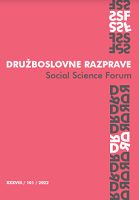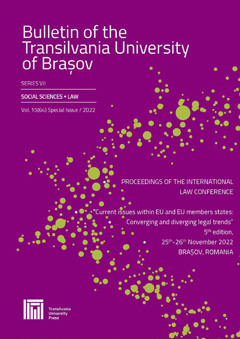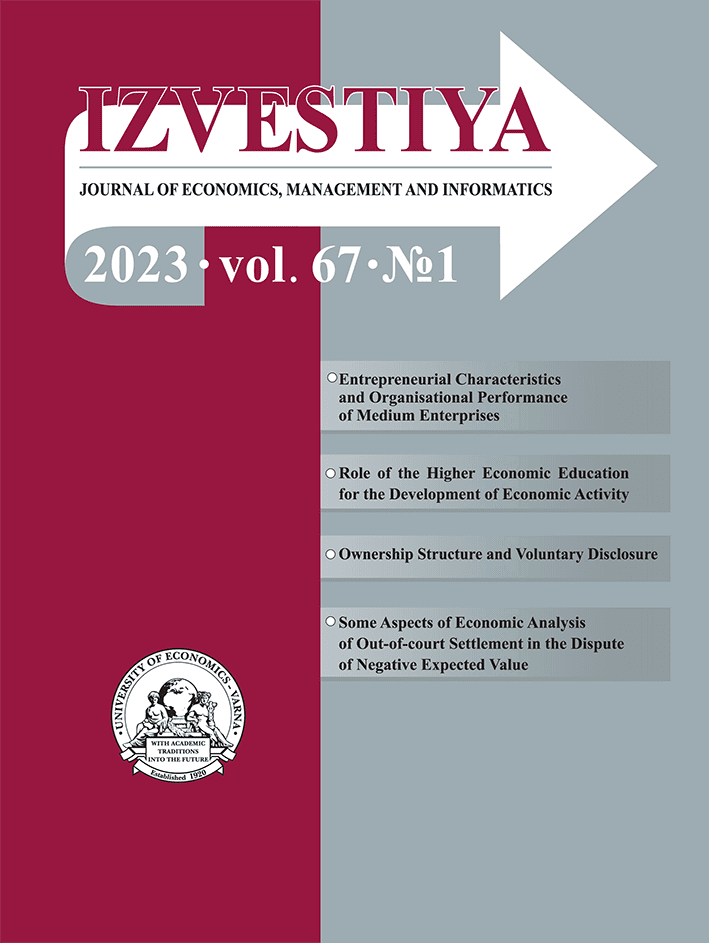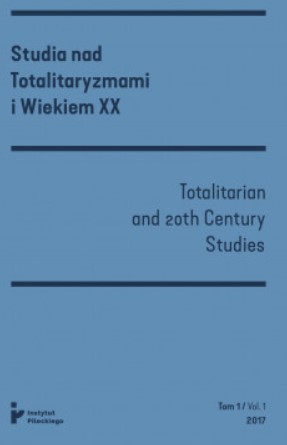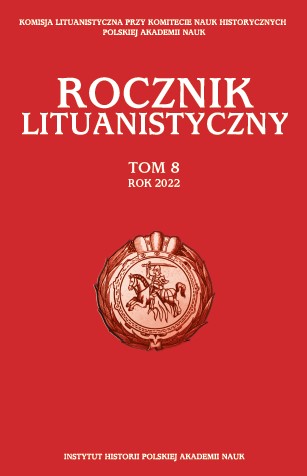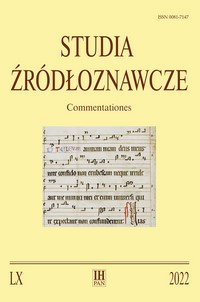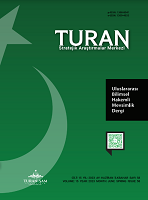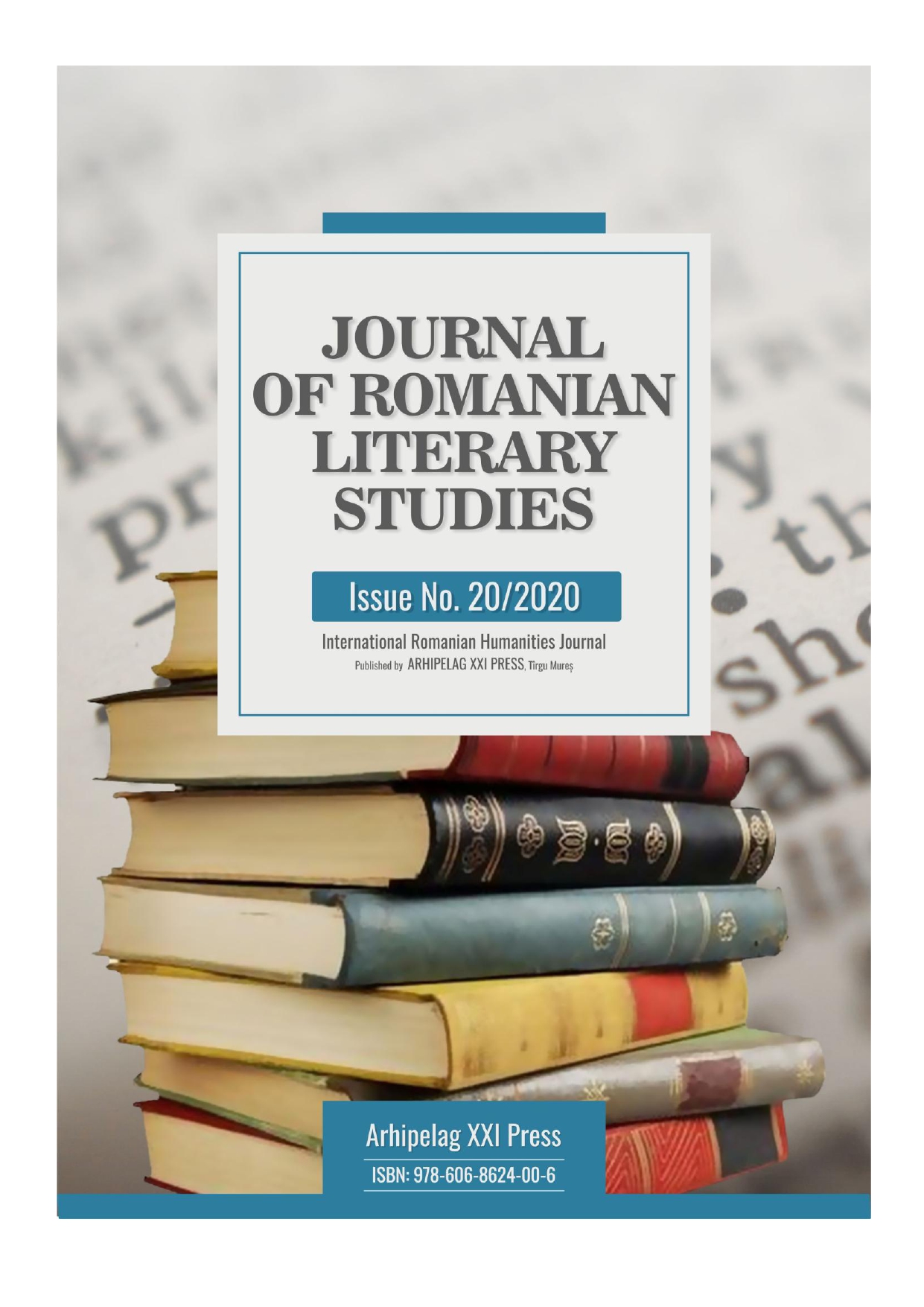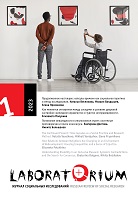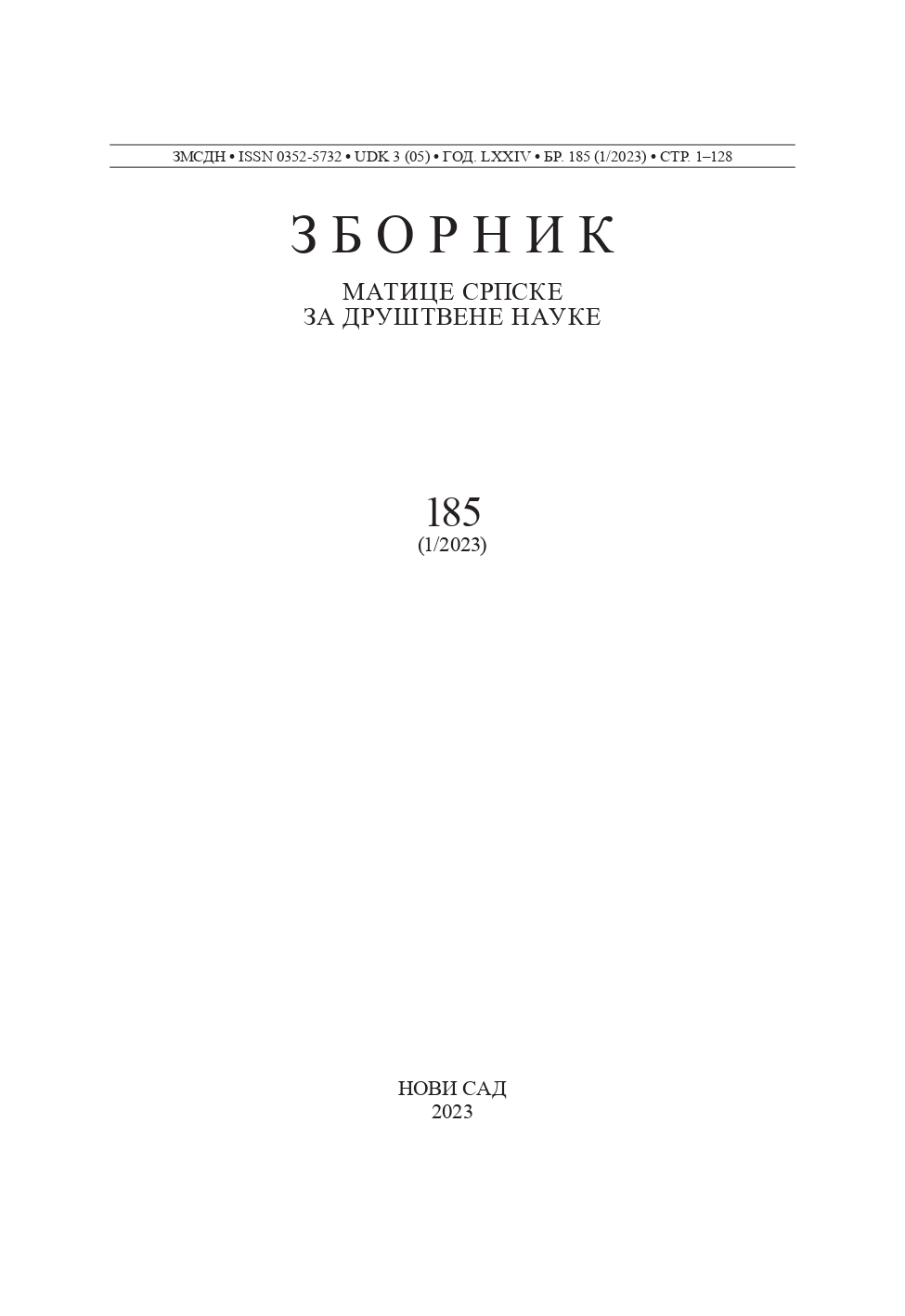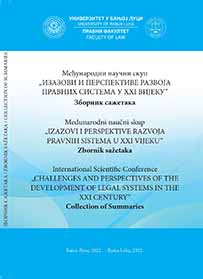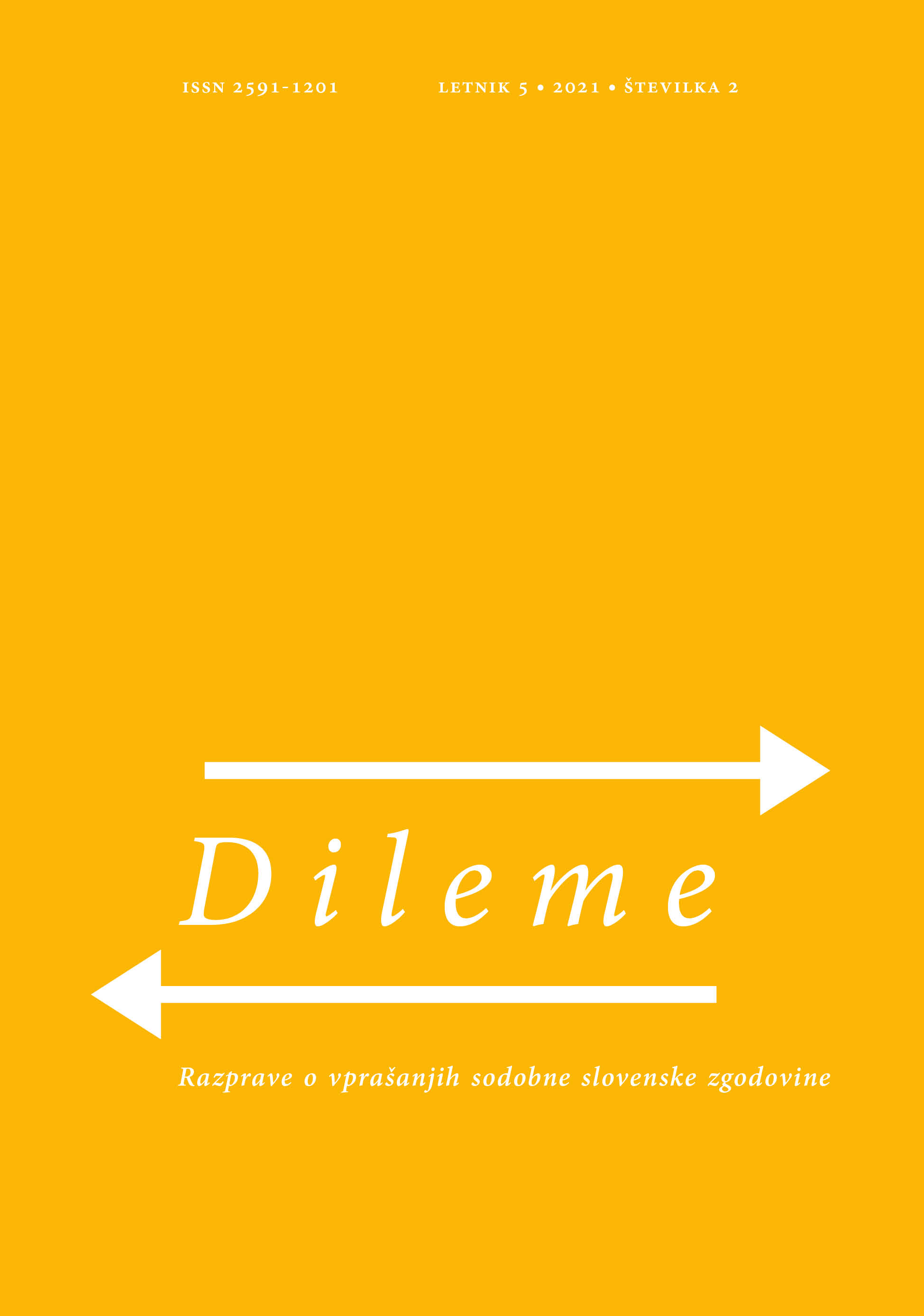Author(s): Szymon Bauman,Krzysztof Syta,Wojciech Krawczuk,Piotr Okniński,Jakub Rogulski,Tomasz Kałuski,Michał Bartoszak,Adam Poznański,Adam Kozak,Szymon Titkow,Wojciech Świeboda,Witold Garbaczewski,Tomasz Walczak,Michał Kulpa / Language(s): Polish
Issue: 60/2022
Review of:
John Bryant, Płynny tekst. Teoria zmienności tekstów i edytorstwa w dobie książki i ekranu, tłum. Łukasz Cybulski, Filologia XXI, t. 13, Wydawnictwo Instytutu Badań Literackich PAN, Warszawa 2020, ss. 286, il.
Medieval Documents as Artefacts. Interdisciplinary Perspectives on Codicology, Palaeography and Diplomatics, red. E[ef] C. Dijkhof, współpr. A[mand] Berteloot, J[os] A.A.M. Biemans, J[an] W.J. Burgers i in., Schriften Schriftdragers in de Nederlanden in de Middeleeuwen, t. 6, Verloren, Hilversum 2020, ss. 432, tabl., il.
Grzegorz Śnieżko, Moneta w Polsce za panowania Bolesława III Krzywoustego, cz. 1–2, Wydawnictwo Instytutu Archeologii i Etnologii Polskiej Akademii Nauk, Warszawa 2021, ss. 330, il., płyta CD
Anna Horeczy, Recepcja włoskiej kultury intelektualnej w krakowskim środowisku uniwersyteckim w drugiej połowie XIV i w pierwszej połowie XV wieku, Instytut Historii Polskiej Akademii Nauk, Warszawa 2021, ss. 459
Piotr Kołpak, Kult świętych patronów Królestwa Polskiego w czasach Jagiellonów, Monografie Towarzystwa Naukowego Societas Vistulana, t. 4, Towarzystwo Naukowe Societas Vistulana, Kraków 2020, ss. 431 + [5]+ 42 il. barwne
Księgi ławnicze krakowskie z lat 1408–1417. Księgi wójtowskie krakowskie. Fragmenty z lat 1411–1412, wyd. Marcin Starzyński, współpr. Patrycja Wiencierz,
Starodawne Prawa Polskiego Pomniki, seria 2: Pomniki Prawa Polskiego, dział 3: Prawo miejskie, t. 4, Instytut Historii im. Tadeusza Manteuffla Polskiej Akademii Nauk, Archiwum Narodowe w Krakowie, Warszawa–Kraków 2020, ss. 180 + 2 nlb., il. 2
Lidia Grzybowska, Kazania „de tempore” i „de sanctis” Mikołaja z Błonia. Zarys monografii, Studia Staropolskie. Series Nova, t. 50 (106), Instytut Badań Literackich Polskiej Akademii Nauk, Warszawa 2020, ss. 544
Michał Spandowski, współpr. Sławomir Szyller, opisy opraw oprac. Maria Brynda, tłum. Elżbieta Olechowska, Catalogue of Incunabula in the National Library of Poland, t. 1–2, Biblioteka Narodowa, Warszawa 2020, ss. 695 + 382
Pieczęcie królów i królowych polskich do 1572 r., oprac. Janusz Bonczkowski, Dariusz Chyła, Marcin Hlebionek, Mateusz Superczyński, red. Marcin Hlebionek, tłum. Edyta Grotek, Katalog Pieczęci Archiwum Państwowego w Toruniu, t. 1, Towarzystwo Naukowe w Toruniu, Toruń 2020, ss. 195, il.
Steven Thiry, Matter(s) of State. Heraldic Display and Discourse in the Early Modern Monarchy (c. 1480–1650), Heraldic Studies, t. 2, Jan Thorbecke Verlag, Ostfildern 2018, ss. 401, il.
Andrzej Tadeusz Staniszewski, Historyje krakowskie. Funkcjonowanie narracyjnych tekstów popularnych we wczesnonowożytnej aglomeracji krakowskiej, Terminus. Bibliotheca Classica. Seria 2, t. 8, Wydawnictwo Uniwersytetu Jagiellońskiego, Kraków 2020, ss. 320 + [8] tablic
Teki Górskiego (sygn. BOZ 2053), cz. 1: Teki I–XV, cz. 2: Teki XVI–XXIX, cz. 3: Indeksy, oprac. Patryk Sapała, Katalog Rękopisów Biblioteki Narodowej, seria 3: Zbiory Biblioteki Ordynacji Zamojskiej, t. 7, Biblioteka Narodowa, Warszawa 2020, ss. 770 + 729 + 314
Maciej Matwijów, Zbiory materiałów życia publicznego jako typ książki rękopiśmiennej w czasach staropolskich (1660–1760), Wydawnictwo DiG, Warszawa 2020, ss. 574, il.
Sygillograficzne raviciana ze zbiorów Muzeum Ziemi Rawickiej, oprac. Henryk Pawłowski, Muzeum Ziemi Rawickiej, Prof-Art, Rawicz–Sieradz 2020, ss. 36, 64 il. barwnych
More...
